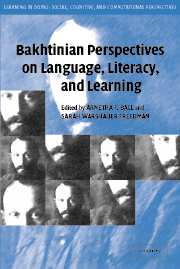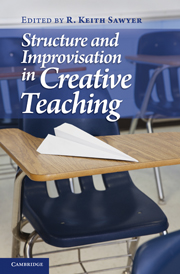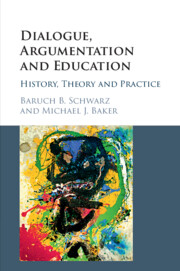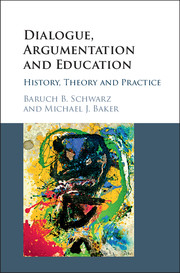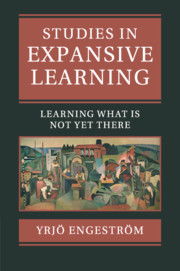Bakhtinian Perspectives on Language, Literacy, and Learning
Contributed by authors who write from various disciplinary perspectives, the essays in this book clarify the learning theories of Mikhail Bakhtin and address the application of his concepts to contemporary issues. In addition, the authors are joined by other scholars in a Bakhtinian dialogue. Together, they address questions that readers may have about Bakhtinian theory and its application to everyday teaching practices.
- Chapter are written by Bakhtinian scholar Gary Saul Morson as well as other scholars well known in the fields of English, education and linguistics
- This book shows how Bakhtinian theory can be used to guide research and practice in the field of language and literacy studies
- The goal of the volume is to push the boundaries of current thinking on Bakhtinian theory
Product details
August 2004Paperback
9780521537889
364 pages
227 × 152 × 20 mm
0.5kg
16 b/w illus. 14 tables
Available
Table of Contents
- Part I. Ideologies in Dialogue: Theoretical Considerations:
- 1. Ideological becoming: Bahktinian concepts to guide the study of language, literacy and learning Sarah Warshauer Freedman and Arnetha F. Ball
- 2. Dewey and Bakhtin in dialogue: from Rosenblatt to a pedagogy of literature as a social, aesthetic practice Mark Dressman
- 3. Intertextualities: Volosinov, Bakhtin, literacy theory, and literacy studies Charles Bazerman
- 4. Voices in the dialogue: the teaching of academic language to minority second-language learners Guadalupe Valdes
- Voices in dialogue - dialoguing about dialogism: form and content in a Bahktinian dialogue Allison Weiss Brettschneider
- Part II. Voiced, Double Voiced, and Multi-voiced Discourses in our Schools:
- 5. Performance as the foundation for a secondary school of literacy program: a Bakhtinian perspective Eileen Landay
- 6. Double voiced discourse: African American vernacular English as resource in cultural modeling classrooms Carol D. Lee
- 7. Narratives of rethinking: the inner dialogue of classroom discourse and student writing Christian Knoeller
- 8. Authoring pedagogical change in secondary subject-area classrooms: ever newer ways of meaning Cynthia Greenleaf and Mira-Lisa Katz
- Voices in dialogue: multi-voiced discourses in ideological becoming Verda Delp
- Part III. Heteroglossia in a Changing World:
- 9. New teachers for new times: the dialogical principle in teaching and learning electronically Jabari Mahiri
- 10. Is contradiction contrary? Melanie Sperling
- 11. A Bakhtinian perspective on learning to read and write late in life Judy Kalman
- 12. New times and new literacies: themes for a changing world
- Voices in dialogue: hybridity as literacy, literacy as hybridity
- dialogic responses to a heteroglossic world James Paul Gee
- Voices in dialogue: hybridity as literacy, literacy as hybridity: dialogic responses to a heteroglossic world Alice A. Milano
- Part IV. A Closing Thought on Bakhtinian Perspectives:
- 13. The process of ideological becoming Gary Saul Morson
- Author index
- Subject index.

